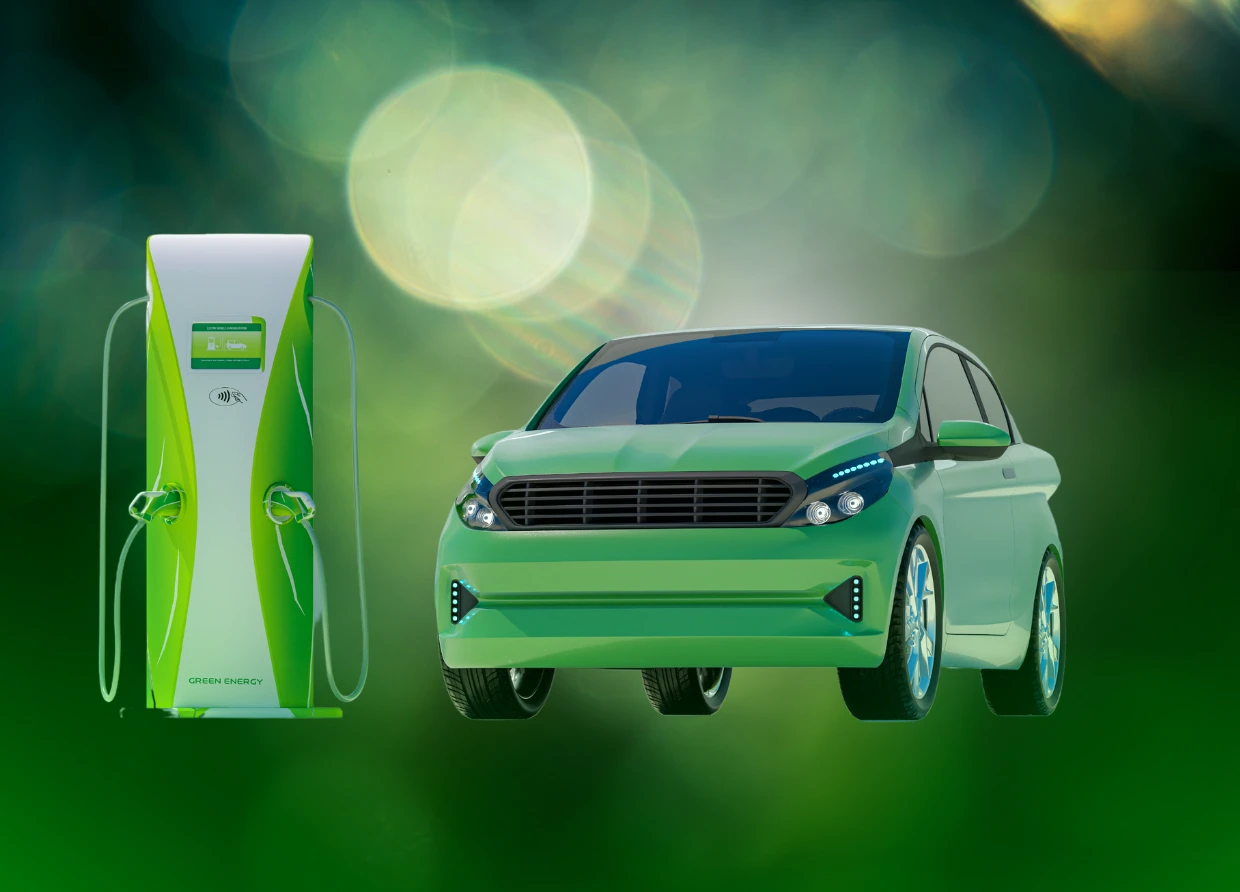ELECTRIC VEHICLE REVOLUTION GAINS TRACTION: NATIVE AMERICAN COMMUNITIES LEADING THE CHARGE
Empowering Tribal Communities: Electric Vehicles Spark a Sustainable Future

In the heartlands of Minnesota, South Dakota, and North Dakota, where vast landscapes intertwine with the cultural tapestry of Native American tribes, a quiet revolution is unfolding on the roads. Spearheaded by Robert Blake, executive director of Native Sun Community Power Development, and funded by a generous grant from the US Department of Energy, the Electric Nation project is electrifying the highways and byways of tribal lands with a network of charging stations.
Blake, a tribal citizen of Red Lake Nation, has long witnessed the encroachment of fossil fuel infrastructure on his ancestral lands. Yet, he saw an opportunity for change amidst the challenge. "How can we continue to resist the fossil fuel infrastructure?" he pondered. The answer came in the form of electric vehicle (EV) charging stations, a beacon of hope for reducing dependency on oil and combating climate change.
The Electric Nation project, initiated in 2021, received nearly seven million dollars in funding to establish a robust charging infrastructure across 23 reservations. Moreover, it supplied 15 electric vehicles to tribes like Red Lake Nation and Standing Rock, with more EVs slated for delivery. This initiative not only promotes sustainable transportation but also empowers Native American communities to lead the charge towards a greener future.
On a global scale, the electric car revolution is gaining momentum, as highlighted in a recent report by the International Energy Agency (IEA). The surge in demand for EVs is poised to reshape the global auto industry and significantly reduce oil consumption. In the United States, EVs are swiftly transitioning from niche to mainstream, driven by supportive policies and technological advancements.
Despite initial hurdles, including range anxiety and a lack of charging infrastructure, the trajectory for EVs in the US is upward. Joel Jagger, a senior research associate at the World Resources Institute, emphasizes the significant growth witnessed in EV sales, attributing it to various legislative measures and regulatory frameworks aimed at bolstering renewable energy and reducing emissions.
The Inflation Reduction Act, passed in 2022, provides crucial tax incentives and funding for renewable energy projects, including the development of charging stations. Additionally, the Environmental Protection Agency's new regulations are poised to accelerate the transition to cleaner transportation, with projections indicating that two-thirds of new passenger vehicle sales could be electric by 2032.
However, challenges persist, including the need for expanded charging infrastructure, domestic production of batteries and minerals, and affordability concerns. Yet, amidst these challenges, there's a sense of inevitability regarding the transition to EVs. As Tom Taylor, a senior policy analyst, notes, the shift towards electric mobility is not merely a trend but a transformative journey towards sustainability.
In the quest for mainstream adoption, collaboration between government agencies, private industries, and local communities is paramount. As Robert Blake envisions, the investment in infrastructure and the embrace of EV technology will pave the way for a future where electric vehicles are not just a choice but a way of life, even in the remotest corners of the country.
The Electric Nation project exemplifies how grassroots initiatives can drive monumental change, one charging station at a time. As EVs become synonymous with progress and sustainability, the road ahead may be challenging, but it's illuminated by the promise of a cleaner, greener tomorrow.
#THE S MEDIA #Media Milenial #Electric vehicles #EV charging infrastructure #Native American communities #sustainability #renewable energy #climate change #transportation #government funding #energy transition #environmental protection #grassroots initiatives #future mobility #electric vehicle revolution #green technology


























